Does Everyone Really Deserve a Second Chance?
This post may contain affiliate links, which means I may earn a small commission at no extra cost to you if you purchase through my links. I only recommend products I truly love and think you’ll vibe with too. Check out our disclosure policy here.
Does everyone really deserve a second chance? I bet you’ve wondered about this at some point in your life. Maybe you’ve been the one needing forgiveness, or perhaps you’ve struggled with whether to forgive someone who hurt you.
To be honest, this question touches all of our lives in deeply personal ways. Yet despite how common second chances are in our conversations, they remain incredibly complicated in practice.
Think about it – we love redemption stories, don’t we? The friend who overcame addiction. The celebrity who bounced back from scandal. The family member who finally got their act together.
Still, beneath our love for these comeback tales lies something more nuanced. After all, not every apology is sincere, and not every promise to change is kept.
So where do we draw the line? When should we open our hearts to giving others another shot, and when is it wiser to protect ourselves?
Let’s explore this together – not as some academic exercise, but as something that affects our relationships, our communities, and our own journeys through life’s inevitable mistakes.
Does Everyone Really Deserve a Second Chance After Messing Up?
Let’s be real – there’s a world of difference between forgetting your partner’s birthday and betraying their trust in a profound way.
On top of that, we instinctively know these differences matter when deciding whether to give someone another chance.
The Spectrum of Mistakes We All Make
We’ve all done things we regret – from small slip-ups like missing a friend’s important event to bigger mistakes that caused genuine harm. In light of this, it makes sense that minor infractions typically deserve quick forgiveness.
On the flip side, serious betrayals or harms often require much more from the person seeking another chance. I think most of us sense this balance naturally – the bigger the mistake, the more meaningful the work needed before trust returns.
Looking Beyond What Happened to Why It Happened
The story behind a mistake often matters just as much as the mistake itself. Consider this – did your friend understand how their words would hurt you? Were they going through something difficult that clouded their judgment?
Although these contexts don’t erase harm, they help us understand whether someone genuinely deserves another opportunity or is simply trying to escape the consequences of their actions.
What Real Second Chances Actually Look Like
Have you ever had someone say “sorry” without really meaning it? Yeah, me too. That’s why true second chances require more than empty words or temporary changes.
Owning Your Stuff Without Excuses
The first step toward earning another chance is surprisingly simple yet incredibly difficult: complete honesty.
Given our natural instinct to protect our self-image, admitting we were wrong—fully wrong, not “wrong but”—shows real courage.
Above all else, genuine accountability means saying, “I messed up, this is what I did, and I take full responsibility” without trying to shift blame elsewhere.
Does Everyone Really Deserve Forgiveness Without Showing Change?
I don’t think so, and you probably don’t either. Words are easy; transformation is hard. Meanwhile, our actions reveal what’s really happening in our hearts.
Rather than just promising to be different, someone worthy of a second chance demonstrates new behaviors consistently. Just as important, they stick with these changes even when it’s difficult or when no one’s watching.
Actually Making Things Right
Have you noticed how some apologies come with action while others remain just words? In essence, meaningful amends involve concrete steps to repair damage caused.
Notably, someone sincerely seeking redemption will ask, “What can I do to make this right?” instead of just saying “sorry” and moving on. Beyond doubt, their willingness to do the uncomfortable work of making amends speaks volumes about their sincerity.
When Keeping Your Distance Might Be Smarter
As much as we want to believe everyone can change, sometimes protecting yourself has to come first. Let’s talk about when second chances might not be the wisest choice.
When You've Seen This Movie Before
We’ve all heard the saying “fool me once, shame on you; fool me twice, shame on me.”
In particular, when someone repeatedly makes the same mistake despite multiple chances, it’s worth asking whether giving another opportunity enables harmful patterns rather than helping growth.
Believe it or not, recognizing these cycles can save you from unnecessary pain.
Does Everyone Really Deserve to Skip the Consequences?
The short answer: absolutely not. In reality, facing consequences often provides the motivation needed for genuine change.
As strange as it sounds, sometimes the most compassionate thing you can do is let someone experience the natural results of their actions.
By the same token, someone truly committed to changing will understand that second chances don’t erase the need for accountability.
The Beautiful Possibilities of Thoughtful Second Chances
When we get second chances right—balancing forgiveness with wisdom—something remarkable happens for both individuals and communities.
Growing Through Our Worst Moments
Have you ever looked back at a mistake and realized how much it taught you?
For this reason, thoughtful second chances create space for personal growth that perfectionism never allows. Not only that, but working through failure often develops empathy, resilience, and wisdom that couldn’t emerge any other way.
What’s more, many of history’s most inspirational figures became who they were precisely because someone gave them another chance.
Building Stronger Connections Through Repair
I’ve seen broken relationships become deeper and more authentic after going through the hard work of reconciliation. Similarly, communities that balance accountability with pathways for redemption often become stronger than those focused solely on punishment. Without a doubt, the difficult journey through harm to healing can create bonds of understanding that perfect relationships never develop.
Does everyone really deserve a second chance? I think the better question might be: what makes a second chance meaningful instead of hollow?
From my perspective, genuine opportunities for redemption require both compassion and clear-eyed wisdom.
They need systems that protect those who’ve been harmed while creating authentic paths for people to demonstrate real change.
When you think about it, none of us would want to be defined forever by our worst mistakes. At the same time, none of us want to be repeatedly hurt by someone who hasn’t truly changed.
Finding that balance isn’t easy, but I believe it’s worth the effort. By approaching second chances thoughtfully—considering the nature of the mistake, the sincerity of remorse, evidence of change, and appropriate amends—we create relationships and communities where both accountability and growth can flourish.
After all, that’s the kind of world most of us want to live in.
Like what you’re reading? Check out this related read, “Sometimes Life Gives You a Chance Disguised as a Problem.”
Product Suggestions
If you’re interested in digging deeper into forgiveness, personal growth, and second chances, here are some relevant, popular reads available on Amazon:
- Forgive: Why Should I and How Can I? by Timothy Keller – A down-to-earth exploration of forgiveness that addresses both why it matters and how to do it when it seems impossible.
2. Second Chances by Rachel Cullen -The tale of four very different women whose lives have fallen off their expected paths and the story of how they navigate the friendships, relationships, and uphill journeys through their entangled ‘do-overs’ in the game of life.
3. Justice: What’s the Right Thing to Do? by Michael Sandel – This accessible book helps you think through complex questions about fairness, redemption, and second chances with real-world examples
4. The Book of Forgiving by Desmond Tutu – Written by someone who helped heal a deeply wounded nation, this practical guide walks you through the actual steps of forgiveness.
5. Sandcastles and Second Chances (A Love on Turtle Island) Book 1 by Lianne James – Sometimes, life isn’t about getting what you want—it’s about finding what you need… even if it takes a lifetime.
These books offer practical wisdom for navigating the messy reality of human relationships, forgiveness, and personal transformation—without oversimplifying these complex topics.



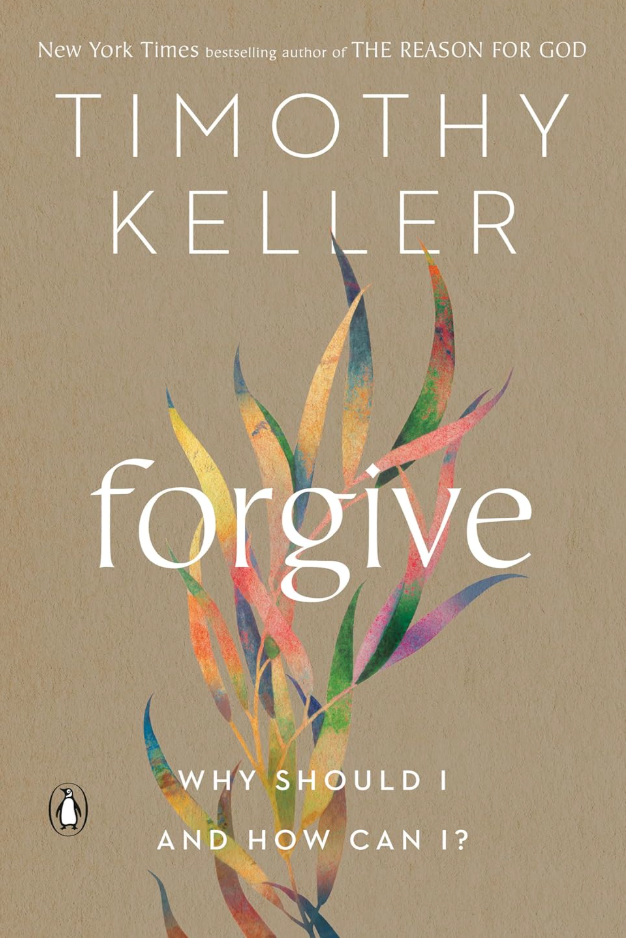

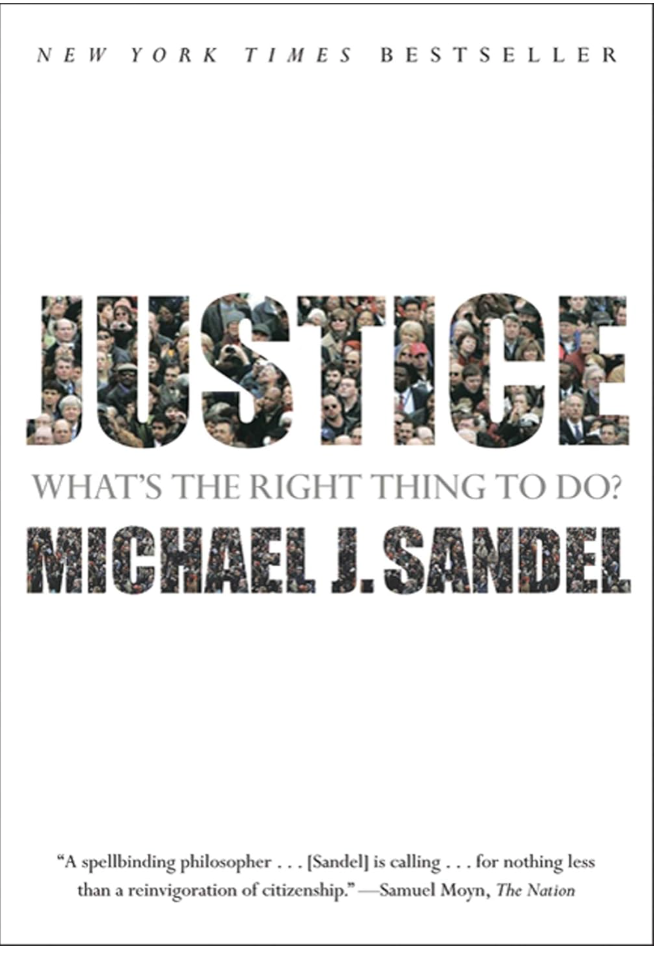
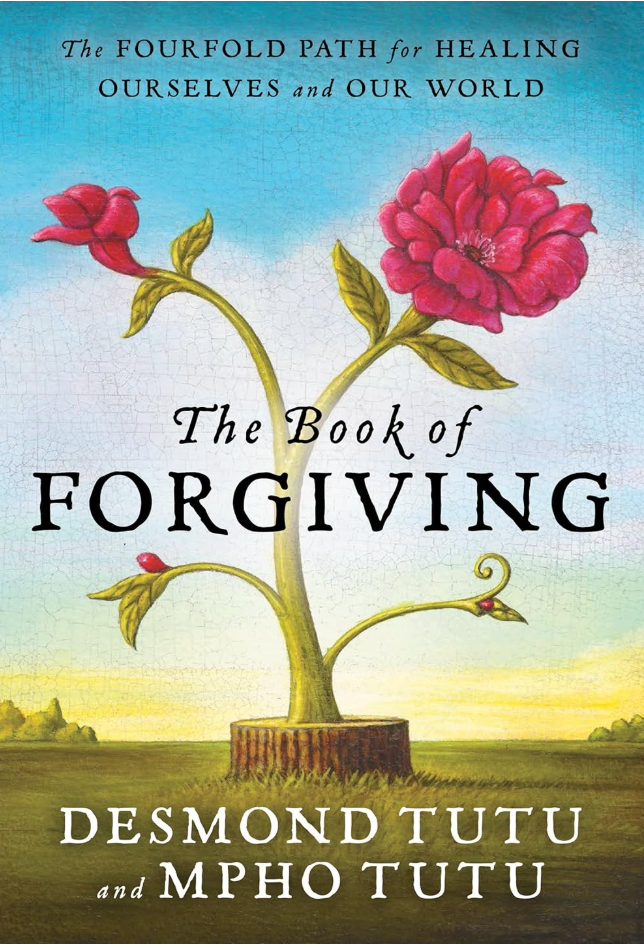
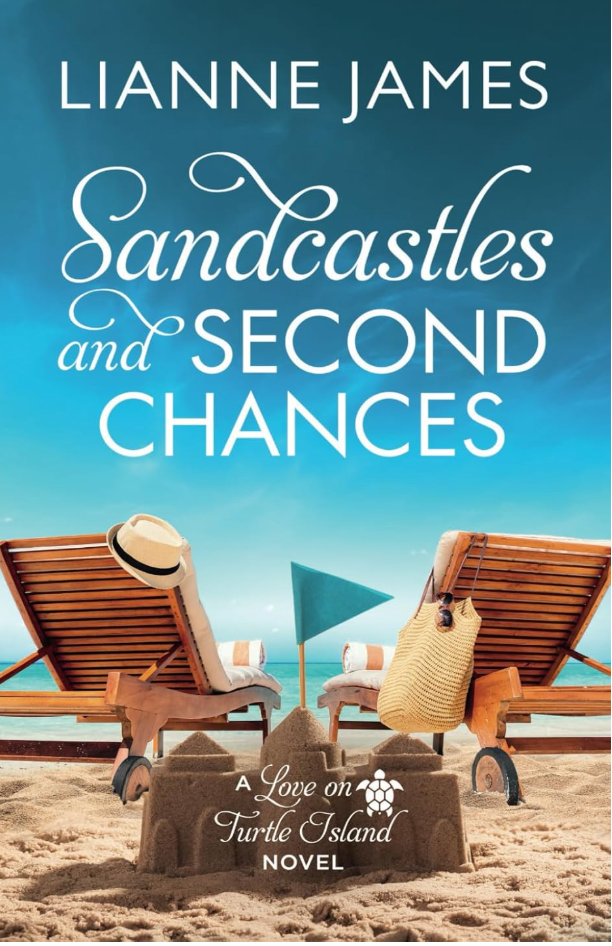


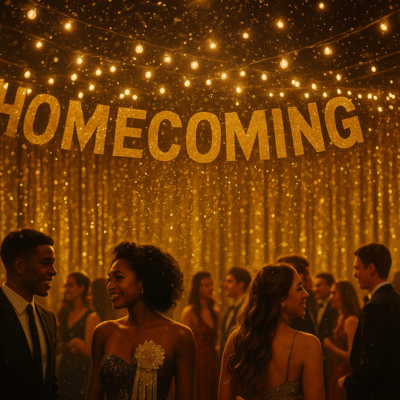


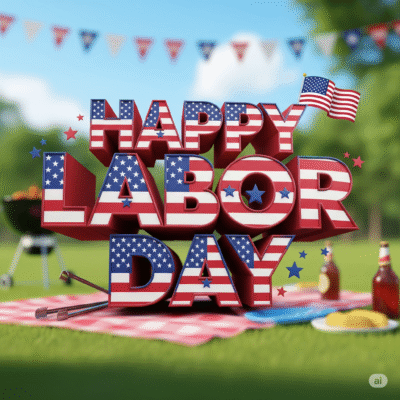

One Comment
[…] Want more? Check out this related read: “Does Everyone Really Deserve a Second Chance?“ […]